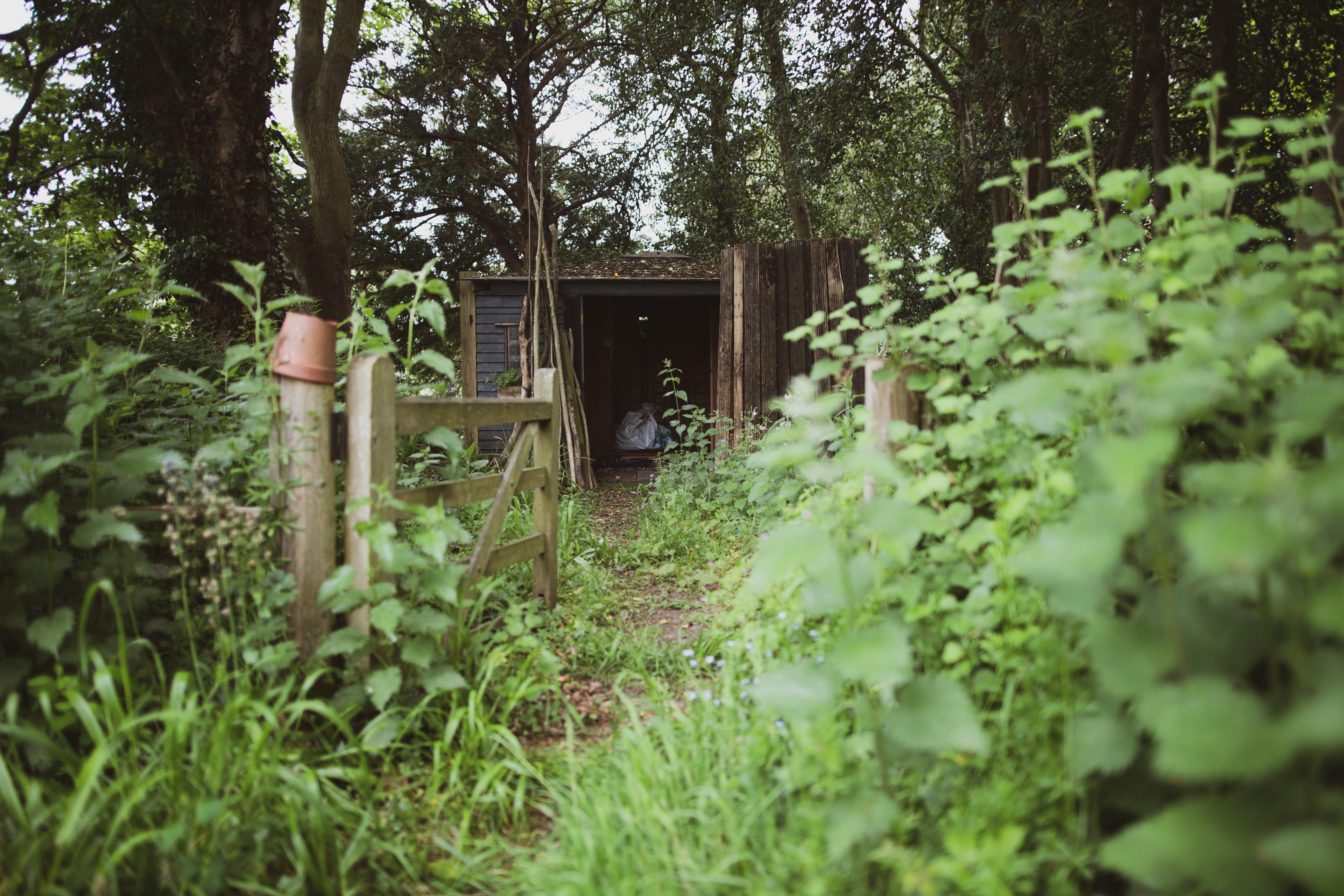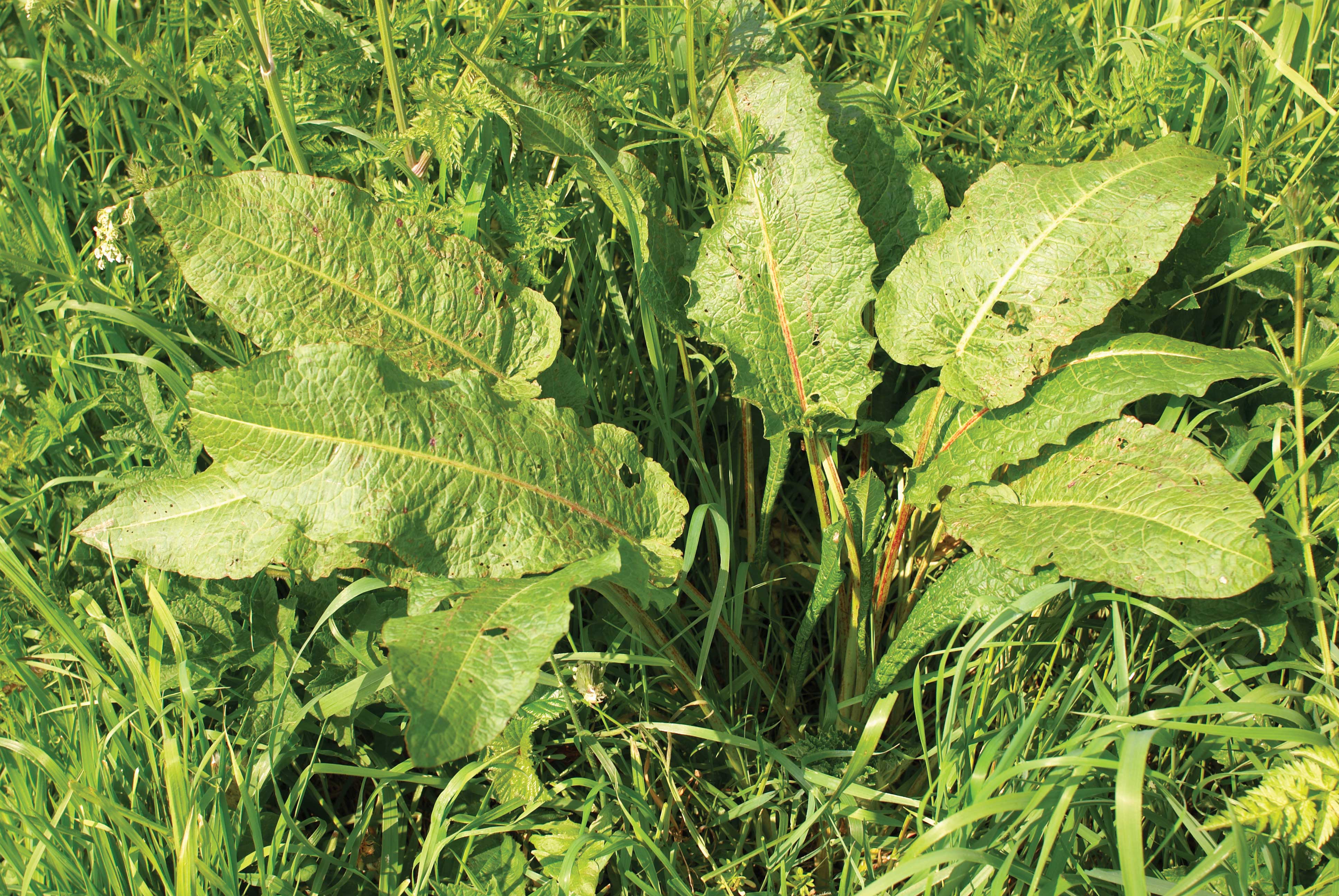How to make homemade weed killer: follow our easy methods
Learn how to make homemade weed killer for simple options that are gentle on your garden but just as effective at eliminating weeds

Learning how to make homemade weed killer is easy – and it's a better choice for your garden and for the surrounding environment. While commercial weed killers will get the job done, they can be very strong and generally shouldn't be used in gardens with ponds.
Making your own weed killer is also cheaper than buying one online or from a garden centre. Find out how to make your own weed killer in three different ways below, or if you've got particularly troublesome weeds that need something stronger to blitz them, then check out our best weed killer buying guide for our pick of the top products.
1. The salt and soap method
This is easily the most convenient homemade weed killer solution because it won't require you to buy anything extra. You just need table salt and your regular dishwasher liquid. Mix a tablespoon of salt into a bowl or jug filled with dishwasher liquid and pour over the weed. You can use any other type of liquid soap, too, such as Castille soap (readily available online). Castille soap can be used even without salt, simply diluted with a bit of water.
2. The vinegar or lemon juice method
The soap method above works by coating and choking the plant whereas this acid method using vinegar or lemon juice (or a combination of the two), will work by burning the plant. You have to be very careful when using this method – vinegar and lemon juice can easily splash onto surrounding plants, so pour very carefully.
You might prefer to add some to a small spray bottle so you can more accurately direct the liquid to where you want it. If your garden is very densely planted too, you may wish to pour a little vinegar or lemon juice only at the base of the plant so as not to risk it contaminating other plants.
3. The boiling water method
Just boil the kettle and pour the boiling water over the plant – the hot water will kill it almost instantly. This method doesn't kill the root, so you may still have to do some hand pulling, but it's perfect if you only have a couple of weeds you want getting rid of.
4. Prevention is better than cure

Preventing your garden from becoming overgrown in the first place is better than battling weeds that keep reappearing just as you thought you'd deal with them all. If it's just your lawn you're worried about, there are products you can apply to it regularly that double up as lawn conditioners and weed suppressors. You'll find more advice in our best weed killer feature.
Tackle young weeds
If you're noticing lots of weeds in your borders, then set aside a weekend in spring when young plants begin appearing and hand pull as many as you can. Young weeds are much easier to deal with than mature ones. Our feature on how to weed a garden is packed with useful tips on getting the best results.
Dealing with dangerous weeds
If you've noticed one of the more virulent and/or dangerous weeds in your garden, such as Japanese knotweed or giant hogweed, don't even attempt to deal with them yourself – call a professional weed removal service. Head over to our weed control tips and tricks feature for more advice on how to identify troublesome weeds and what to do with them.
Leave some weeds alone
Finally, consider whether the weeds in your garden bother you that much. Some are very beneficial to lawns and pollinators, especially clover and dandelions; they also look quite pretty during the summer, so you may choose to just leave them alone.
Read more:
- Revealed! The plants that risk legal trouble and mortgage rejection
- How to create an eco friendly garden: these ideas are kind to the planet
- Guide to garden borders: create your dream flowerbeds with our ideas
Anna writes about interior design and gardening. Her work has appeared in Homes & Gardens, Livingetc, and many other publications. She is an experienced outdoor and indoor gardener and has a passion for growing roses and Japanese maples in her outside space.
